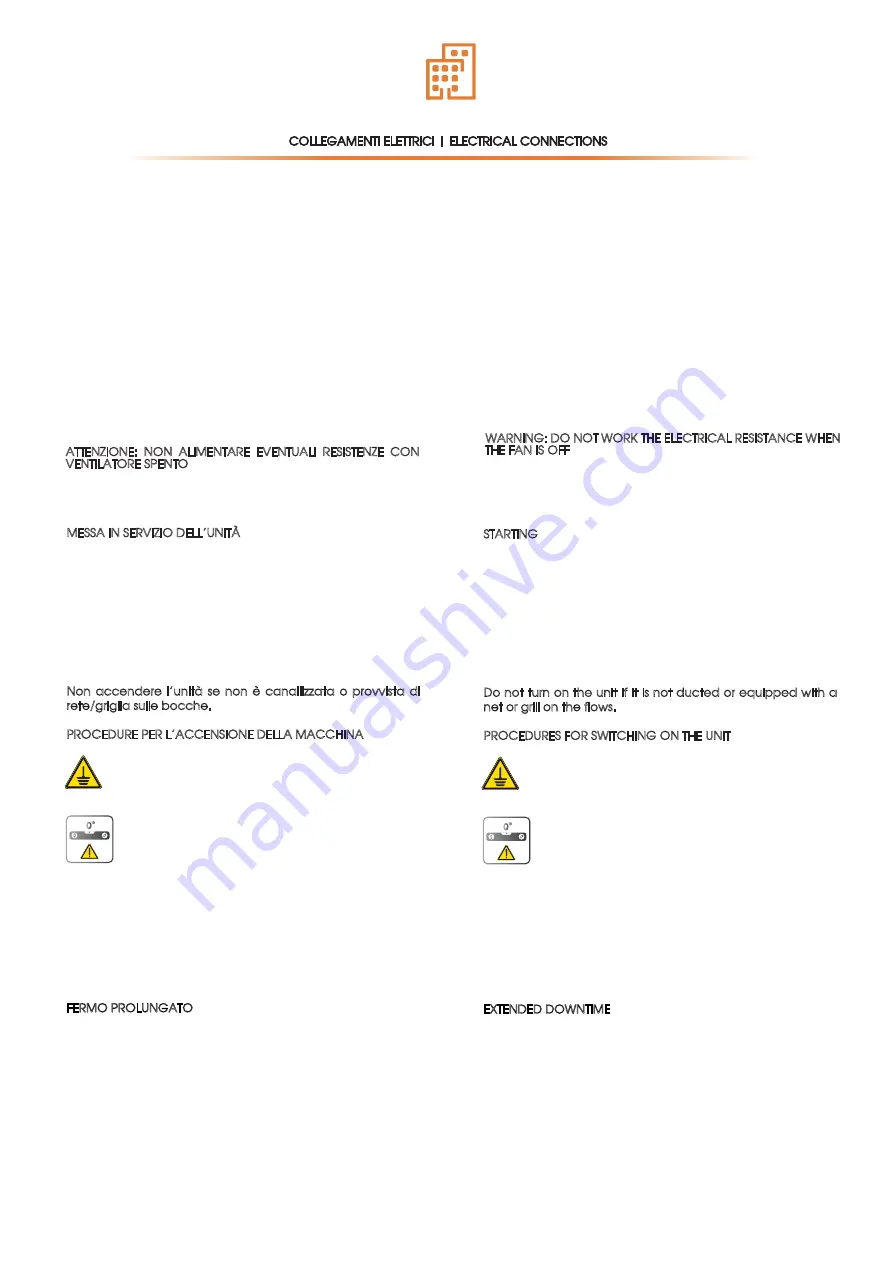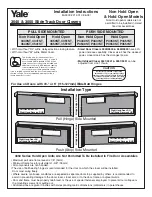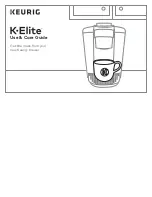
MESSA IN SERVIZIO DELL’UNITÀ
Prima dell’avviamento è opportuno effettuare alcuni controlli
(seguire le indicazioni di sicurezza riportate nel paragrafo
SMONTAGGIO E MONTAGGIO): - Accertarsi che all’interno
dell’unità non sia presente condensa, ed eventualmente
asciugarla prima di mettere in funzione l’unità;
- Controllare lo stato dei filtri;
- Accertarsi che all’interno del prodotto non ci siano corpi
estranei e che tutti i componenti siano fissati nelle loro sedi;
- Provare manualmente che la girante non sfreghi sulle pareti;
- Verificare che la portina d’ispezione sia chiusa.
Non accendere l’unità se non è canallizzata o provvista di
rete/griglia sulle bocche.
PROCEDURE PER L’ACCENSIONE DELLA MACCHINA
- Verificare la messa a terra dell’unità
- Verificare che l’unità sia a livello
- Verificare che le bocche al loro interno siano libere
- Verificare la presenza, la posizione e lo stato dello scarico
condensa
- Procedere al riempiento del sifone
- Effettuare la connessione elettrica
N.B: come sezione dei cavi fare riferimento allo schema
elettrico a corredo
- Per azionare l’unità girare il sezionatore
FERMO PROLUNGATO
In caso di fermo prolungato, con l’unità allacciata all’impi-
anto di ventilazione, chiudere i condotti di aspirazione/immis-
sione e controllare periodicamente l’assenza di umidità
all’interno della macchina. In caso di formazione di umidità,
provvedere ad asciugarla immediatamente.
Prima di effettuare qualsiasi operazione su parti elettriche
assicurarsi che non vi sia tensione. Verificare che la tensione
di alimentazione corrisponda ai dati nominali dell’unità
(tensione, numero di fasi, frequenza) riportati sulla targhetta a
bordo macchina. L’allacciamento di potenza avviene
tramite cavo bipolare e conduttore di protezione. La sezione
del cavo deve essere adeguata alla massima corrente
assorbita e dovrà essere protetto da un adeguato interruttore
magnetotermico differenziale (I
∆
n=0,03 A). La tensione di
alimentazione non deve subire variazioni superiori a ± 5 %. Il
funzionamento deve avvenire entro i valori sopra citati: in
caso contrario la garanzia viene a decadere immediata-
mente. I collegamenti elettrici ai quadri di comando devono
essere effettuati da personale specializzato. Assicurarsi che la
tensione e la frequenza riportate sulla targhetta corrisponda-
no a quelle della linea elettrica di allacciamento. I collega-
menti elettrici devono essere realizzati a regola d’arte, in
accordo con le informazioni riportate sullo schema elettrico
allegato all’unità e dovranno tenere conto delle rispettive
norme vigenti. Tutte le linee devono essere protette all’origine
a cura dell’installatore.
ATTENZIONE: NON ALIMENTARE EVENTUALI RESISTENZE CON
VENTILATORE SPENTO
Before starting any work on electrical parts, make sure that
the power is off. Check the power supply voltage is the same
as the nominal data for the unit (voltage, number of phases,
frequency), shown on the nameplate on the machine. The
power connection must be formed using a 1p-n + earth
cable. Pass the electric cables into the machine and electri-
cal panel via the cable glands. Cables must have a cross
section which is able to handle the maximum power absor-
bed, and must be protected by residual current operated
circuit-breakers with integral overcurrent protection (RCBOS)
(I
∆
n=0,03A). The power supply voltage must not fluctuate by
more than ± 5%. The unit must work within the values indica-
ted above. If this is not the case, the guarantee shall become
null and void immediately. The electrical connections to the
control panel must be carried out by qualified personnel.
Make sure that the voltages and frequency shown on the
data plate correspond to those of the power line.Carry out
the connections in accordance with the local technical
standards. All the connections must be protected at the
source by the installer.
WARNING: DO NOT WORK THE ELECTRICAL RESISTANCE WHEN
THE FAN IS OFF
COLLEGAMENTI ELETTRICI | ELECTRICAL CONNECTIONS
STARTING
Before starting it is opportune to carry out some checks:
(follow the safety instructions in section DISASSEMBLY AND
ASSEMBLY):
- Make sure there is no condensation inside the unit, and if
necessary,wiipe it dry before attempting to operate the unit;
- Check the filters status;
- Make sure the product does not contain any foreign matters
and that all components are fastened in their seats;
- Try manually the impeller does not rub on walls;
- Make sure the inspection door is closed..
Do not turn on the unit if it is not ducted or equipped with a
net or grill on the flows.
PROCEDURES FOR SWITCHING ON THE UNIT
- Check the grounding of the unit
- Check that the unit is level
- Check that the flows are free
- Check the presence, position and condition of the conden-
sate drain
- Proceed with the filling of the siphon
- Make the electrical connection
N.B: as section of the cables, refer to the wiring diagram
supplied
- To operate the unit, turn the disconnector
EXTENDED DOWNTIME
In case of extended downtime with the unit connected to
the ventilation system, close the suction/ injection and
periodically check the absence of humidity inside the machi-
ne. In case of condensation, dry it immediately.
16





































